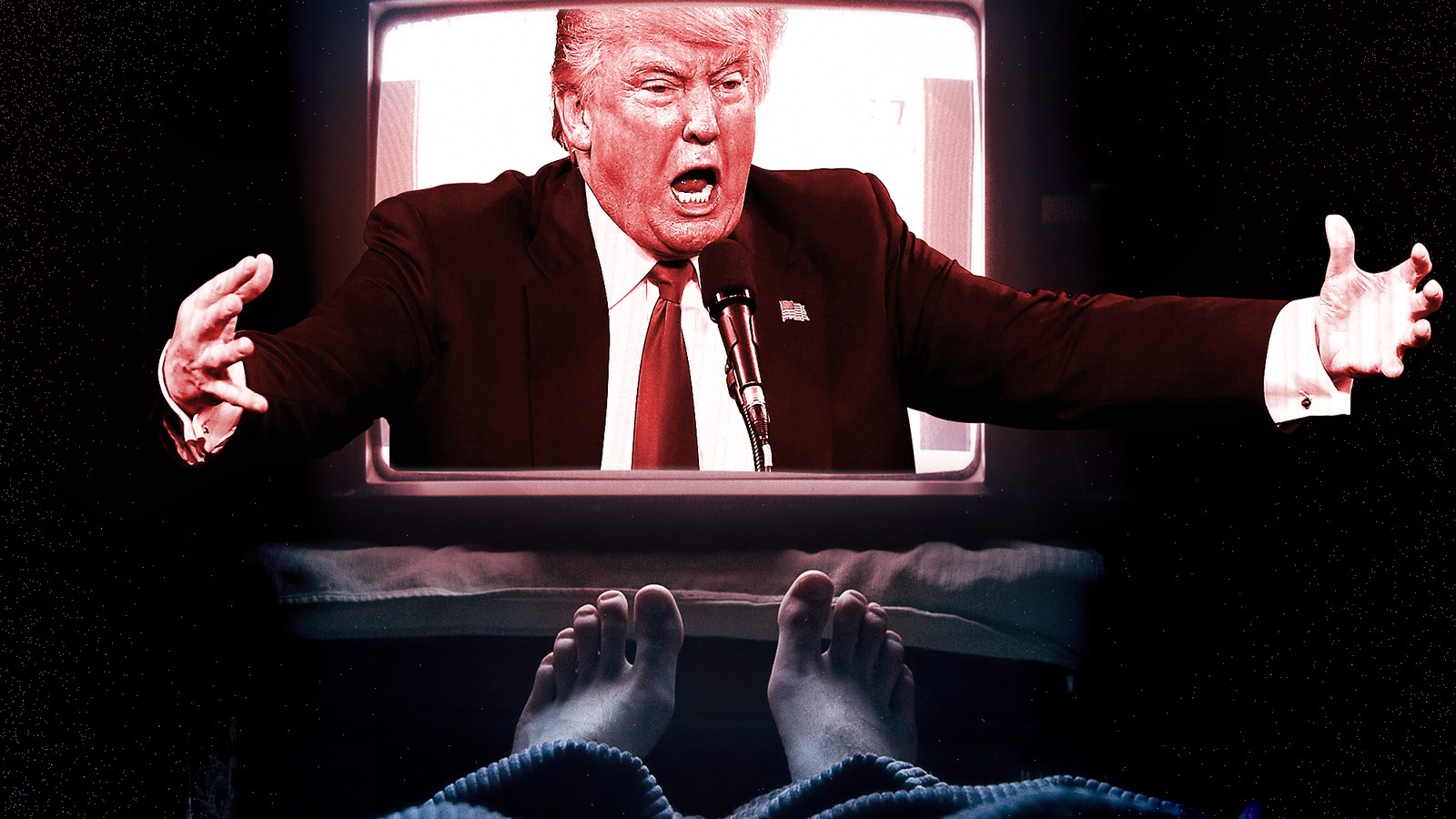Wall Street is partying like it’s 2017. Trump is back in the White House, and the financial world couldn’t be more thrilled — or delusional, depending on who you ask.
Stocks are surging, Bitcoin is mooning, and the big banks are salivating over deregulation and tax cuts. If you ask around, there’s little concern about what Trump’s chaotic policies might actually do to the economy.
Investors are acting like markets will magically keep Trump in line, no matter how wild his plans get, because yes, that sounds like the president.
David Bahnsen, managing $6.5 billion at The Bahnsen Group, sums up why Trump’s market obsession is their safety net. “The reason he cares so much about financial markets is that there’s a validation they represent to him,” he says.
The deregulation frenzy
Trump, forever the outsider in Manhattan’s elite social circles, finally feels like he belongs when markets cheer for him. Wall Street seems to naively believe that this psychological need for approval will stop him from torching the economy.
Now Bitcoin’s been on a tear, climbing ever higher after Trump gave his stamp of approval to a crypto project run by a guy once nicknamed “the dirtbag of the internet.” Yes, that’s a real thing. A few months before the election, Trump aligned himself with the crypto crowd, and now the sector is soaring.
For Wall Street though, the real excitement lies in Trump’s deregulation promises. The president-elect has vowed to slash ten regulations for every new one, and bank stocks are climbing as executives prepare for the green light on mergers and acquisitions.
The corporate tax rate is set to drop from 21% to as low as 15%, triggering widespread buying across the market. Securities and Exchange Commission (SEC) Chair Gary Gensler is already packing his bags, with Trump vowing to show him the door on Day One.
Wall Street might want to pump the brakes
Mark Zandi, Moody’s Analytics chief economist, isn’t buying the hype. “I would not be surprised if we have a day of reckoning,” he warns. But for now, Wall Street’s in party mode.
Though not everyone’s popping champagne. Economists keep pointing out the ugly side of Trump’s plans. But the optimists aren’t worried. They’re betting Trump’s unpredictability will keep him from following through on his worst ideas.
Even Nouriel Roubini, aka “Dr. Doom,” is calm. He told Bloomberg that Trump’s market focus and his circle of advisers might rein in his more radical instincts. Meanwhile, anonymous Wall Street insiders are busy prepping deals.
A former banker close to Trump says looser rules and the removal of Federal Trade Commission (FTC) Chair Lina Khan will make banks more profitable and mergers easier. Morgan Stanley’s Tom Glocer sees antitrust reviews losing their teeth under Trump, paving the way for aggressive corporate consolidation.
But even he admits investors might be underestimating what he calls “chaos risk.” Trump’s track record of erratic behavior leaves plenty of room for disaster, especially if he refuses to step down after his second term, a scenario that’s already haunting some corners of Wall Street.
Damian Williams out, Trump allies move in
Damian Williams, the U.S. Attorney for the Southern District of New York (SDNY) and Wall Street’s top dog, plans to step down before Trump takes office.
He has been a force in prosecuting financial crimes, from crypto fraud to billion-dollar collapses like FTX and Archegos Capital. His departure marks the end of an era for a district known as the “Sheriff of Wall Street.”
Trump wasted no time naming his pick for Williams’ successor: Jay Clayton, the former SEC chair. Clayton is a familiar face on Wall Street, but his lack of prosecutorial experience has raised eyebrows. Still though, many see him as a stabilizing choice compared to Trump’s wild card Attorney General pick, Congressman Matt Gaetz.
Under Williams, SDNY tackled crypto fraud head-on, securing convictions and shaking up the industry. Now, with Trump in charge, priorities are changing. The Justice Department plans to redirect resources to immigration and violent crime, potentially sidelining corporate and financial crime investigations.
Scott Hartman, co-chief of SDNY’s Securities and Commodities Task Force, is already warning about staffing cuts. “I don’t have a tonne of people right now, so I hope they don’t trim it even more,” he said at a recent conference. The uncertainty has prosecutors worried about what comes next.
Williams’ exit contrasts sharply with the drama of his predecessors. Geoffrey Berman was fired in 2020 after clashing with Trump, while Preet Bharara was ousted in 2017 despite being asked to stay on initially. Both departures only show the tension between SDNY and Washington, a dynamic that’ll for sure intensify under Trump.
From Zero to Web3 Pro: Your 90-Day Career Launch Plan




